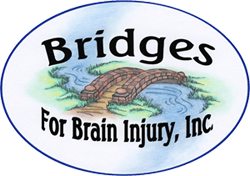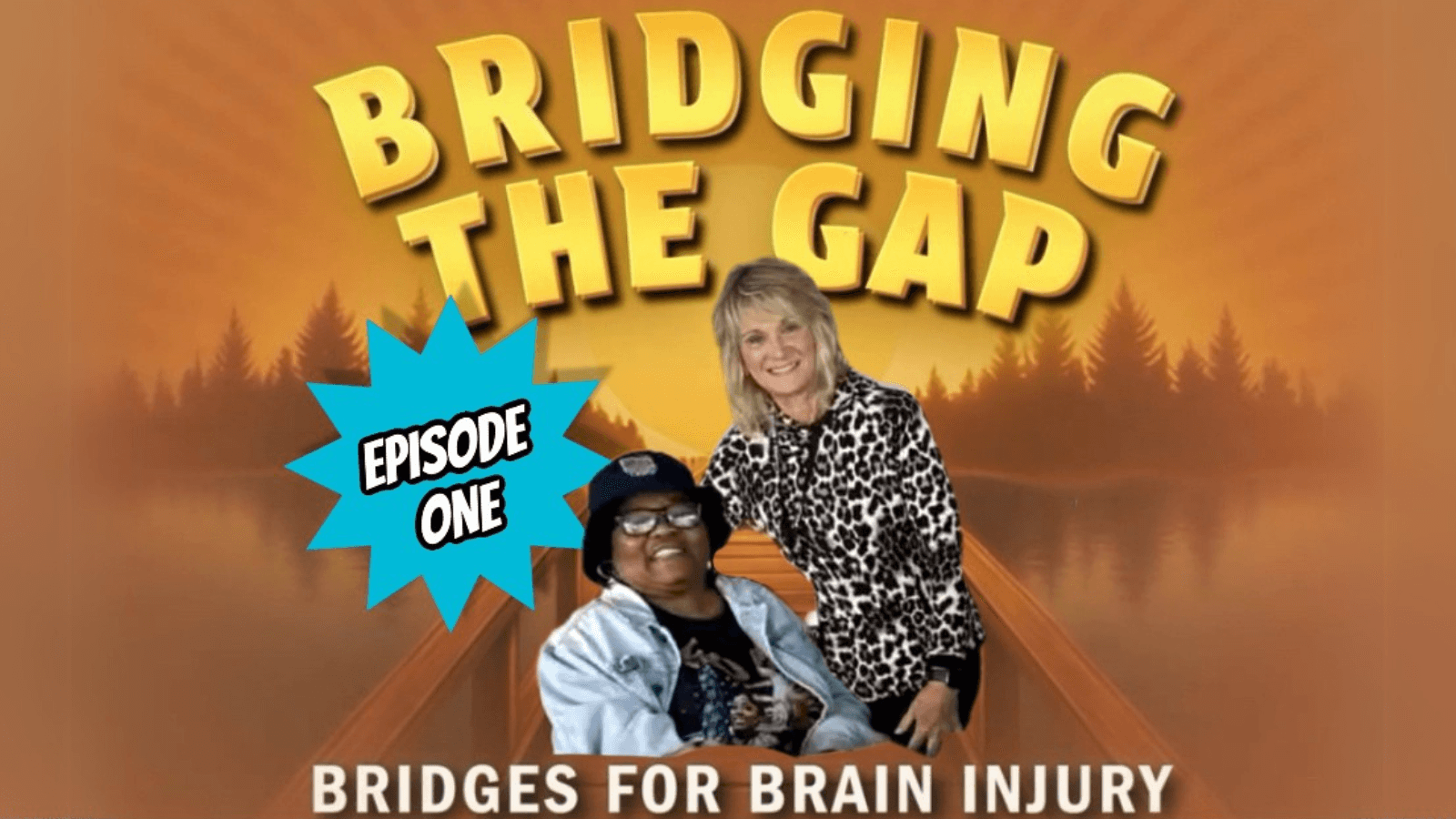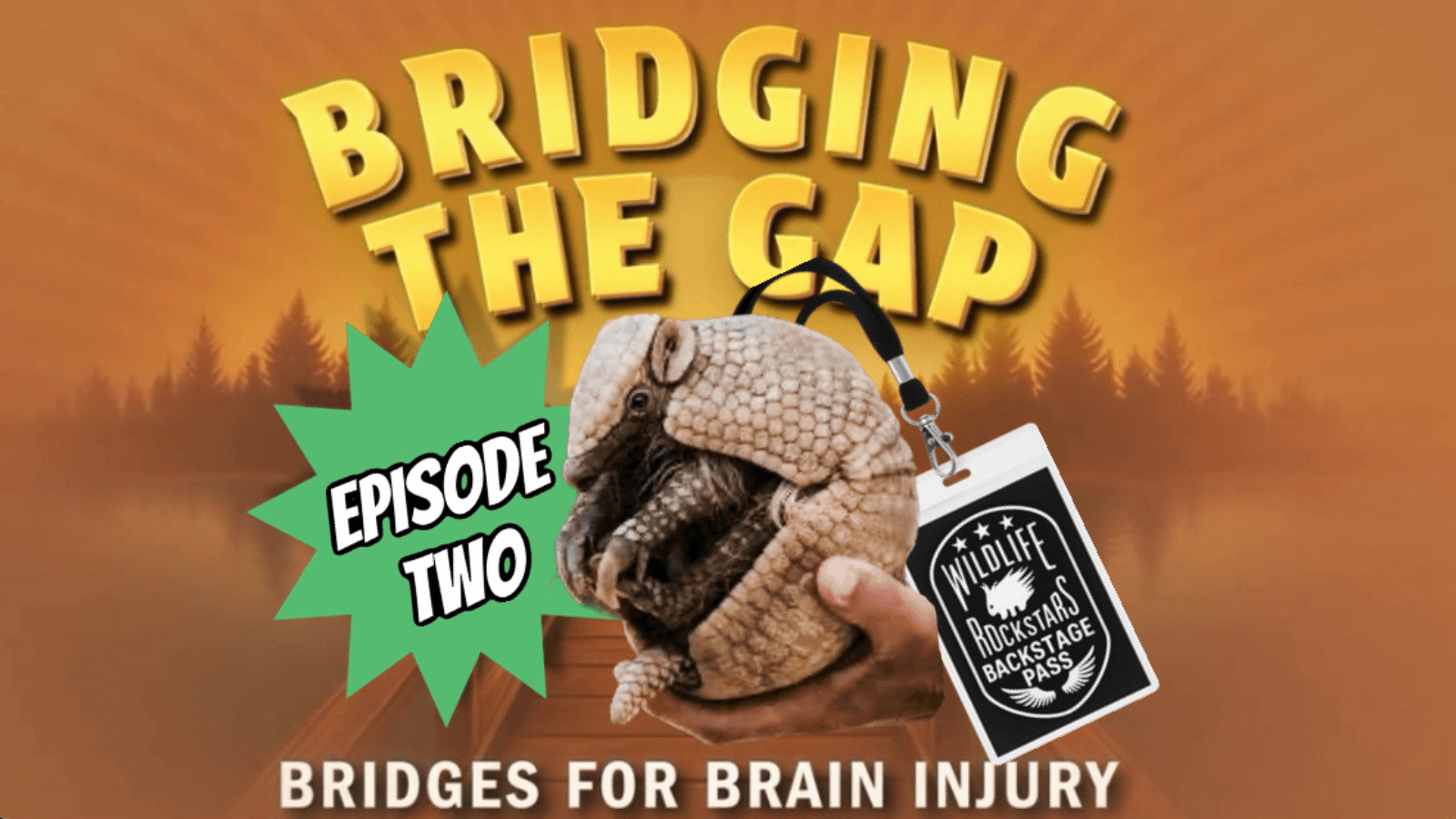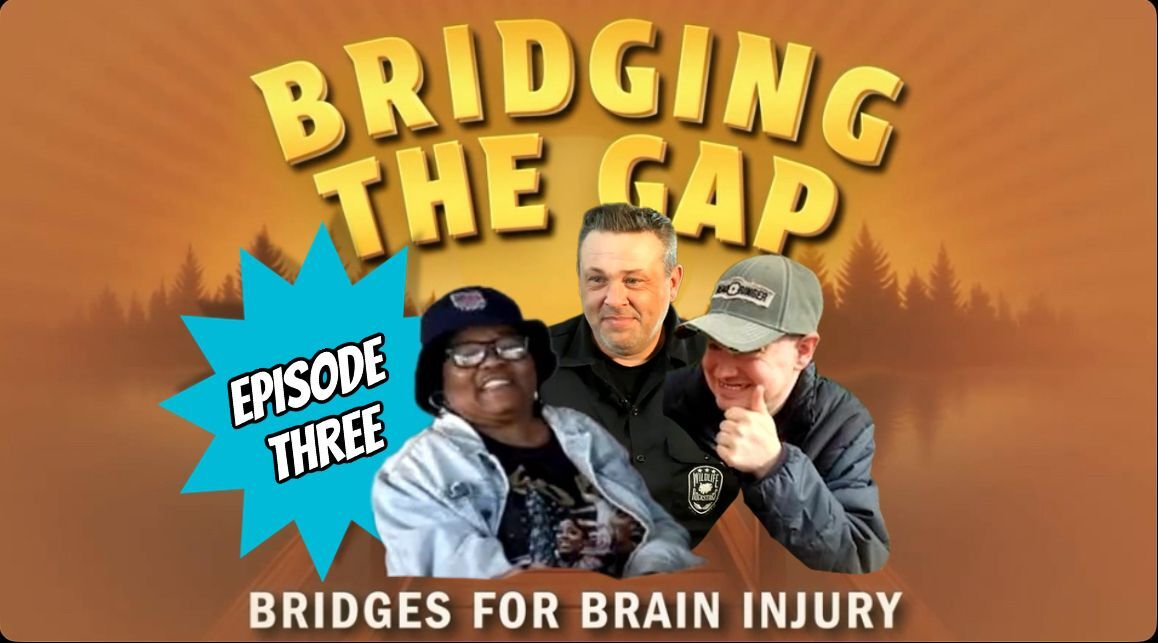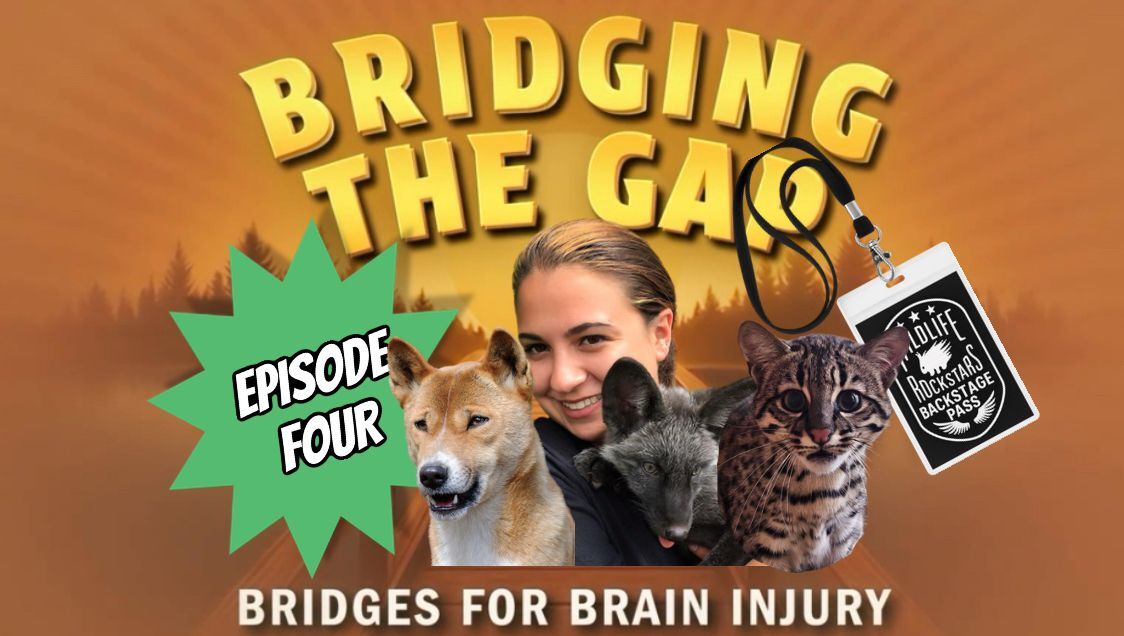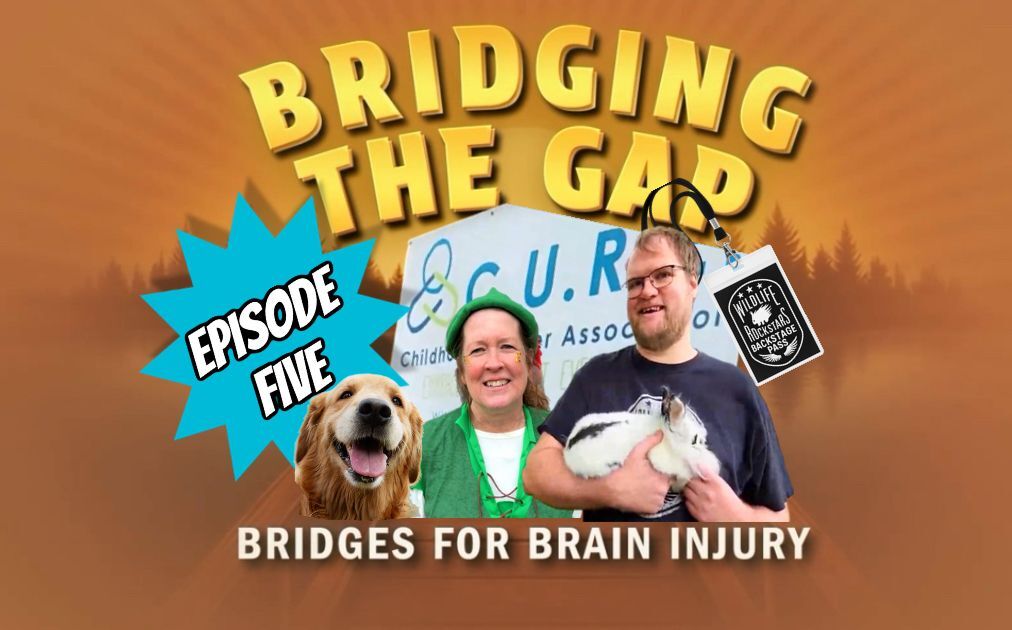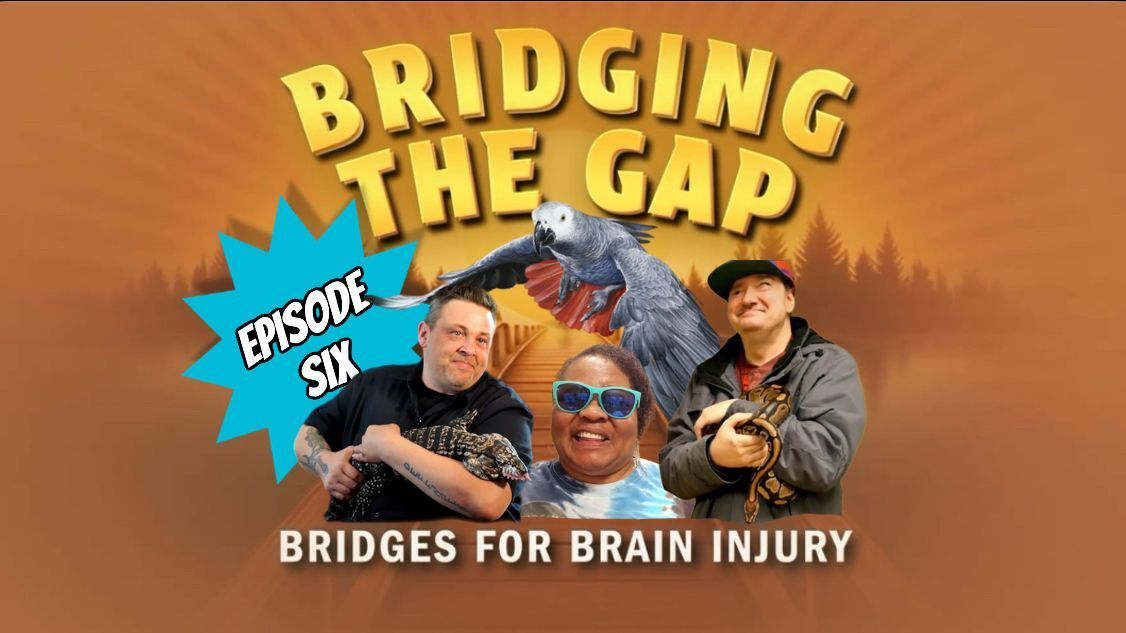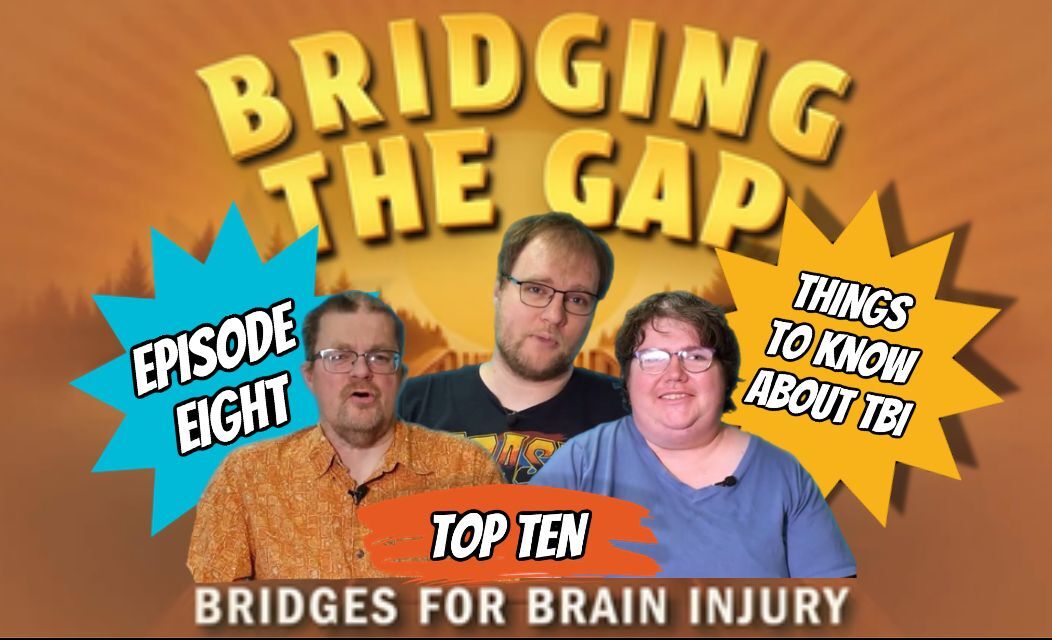Traumatic brain injuries (TBIs) affect millions of people, yet many of the facts are surprising or misunderstood. In this episode of Bridging the Gap, Bridges for Brain Injury members share real stories that reveal the truth behind living with a TBI.
Watch the full episode of Top Ten Things to Know About Traumatic Brain Injuries (TBIs) (Episode 8 of Bridging the Gap):
10. Not all TBIs involve a direct blow to the head.
TBIs can be caused by more than just accidents or hits to the skull. Aneurysms, illnesses, or even complications at birth can all lead to brain injuries.
9. Even “mild” TBIs can have lifelong effects.
There’s no such thing as “just” a concussion. Survivors describe memory loss, daily pain, and frustration over lost abilities.
8. Children and seniors are at higher risk.
Because of age and vulnerability, injuries at these stages can have serious consequences.
7. Symptoms may be delayed.
A TBI doesn’t always show itself right away. Symptoms can appear days, weeks, or even years later — making diagnosis and treatment more difficult. For some, seizures and memory issues only began long after the original injury.
6. TBIs can change who you are.
Brain injuries often alter personality and behavior, especially when the frontal lobe is affected. Survivors describe becoming more outspoken, impulsive, or even adventurous.
5. It’s an invisible injury.
Most brain injuries can’t be seen on the outside or even on standard scans.
4. Post-TBI fatigue is real and it’s daily.
Fatigue is one of the most common and frustrating symptoms. For many, simple tasks can leave them exhausted, making rest non-negotiable.
3. TBIs increase the risk of dementia and epilepsy.
Living with a TBI raises the likelihood of developing other neurological conditions. Some survivors didn’t experience seizures until years later, showing how lasting the effects can be.
2. Mental health challenges are common and complex.
Depression, anxiety, PTSD, and irritability are frequent companions to TBIs. They add another layer to recovery and daily life. Survivors openly discuss how mood swings, frustration, and emotional struggles have impacted their relationships and confidence.
1. Life after a TBI is different — but it’s still yours.
Despite the struggles, many survivors find new strength and purpose. Bridges members thave found joy and purpose in educating the public, cherishing time with family, and learning to embrace each day. “It gave me a different perspective on life… I wouldn’t be half the person I am now without it.”
How You Can Help
If you’re in the Farmington, NY area and are interested in booking one of the ten Wildlife Rockstar programs we offer, please head to our Wildlife Rockstars page to fill out a program request form!
Every step forward is powered by the support of our community. Whether you donate, volunteer, or simply share our story, you’re helping someone take the next step toward healing.
Your support builds bridges. Bridges between trauma and triumph, isolation and connection, and today’s challenges to tomorrow’s dreams.
JOIN US. SUPPORT THE JOURNEY. AND HELP US BUILD WHAT COMES NEXT.
As a nonprofit organization, we need your help to make a difference in the lives of people living with traumatic brain injuries. Whether you are a family caregiver, a medical provider, or a potential donor looking to support a nonprofit with national recognition, your involvement can help ensure that every individual navigating the brain injury journey receives access to the best possible outcome supported by a compassionate, skilled team.
- Donate
- Volunteer
- Adopt an Animal
- Subscribe, Follow, Like, and Share with your Social Network:
